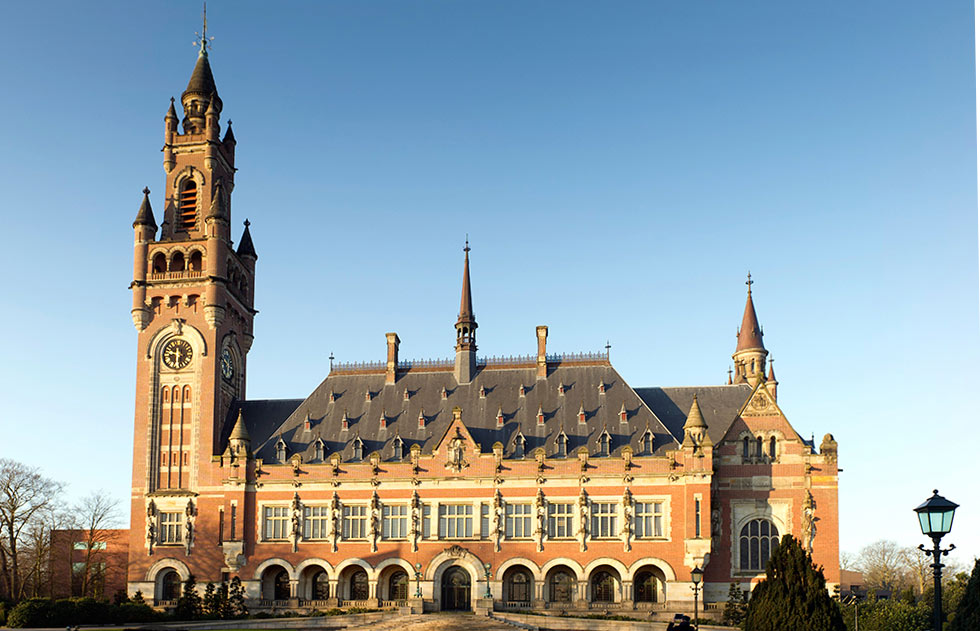The International Court of Justice (ICJ) is to rule on Thursday on a preliminary objection by Venezuela in relation to the approach by Guyana for the upholding of the validity of the 1899 Arbitral Award settling the boundaries of the two countries.
A release from the ICJ, also known as the World Court said: “On Thursday 6 April 2023, the International Court of Justice, the principal judicial organ of the United Nations, will deliver its Judgment on the preliminary objection raised by the Bolivarian Republic of Venezuela in the case concerning the Arbitral Award of 3 October 1899 (Guyana v. Venezuela).
“A public sitting will take place at 3 p.m. at the Peace Palace in The Hague, during which
Judge Joan E. Donoghue, President of the Court, will read out the Court’s decision”.
In March 2018, Guyana filed its application with the ICJ to confirm the validity and binding effect of the Arbitral Award of 1899 on the boundary between the two countries and the subsequent 1905 agreement, following the decision by the UN Secretary-General Antonio Guterres to choose the ICJ as the next means of resolving the controversy which stems from Venezuela’s contention that the award was null and void.
In its Application of March 29 before the ICJ, Guyana requested that the Court adjudge and declare that:
“(a) The 1899 Award is valid and binding upon Guyana and Venezuela, and the boundary established by that Award and the 1905 Agreement is valid and binding upon Guyana and Venezuela;
(b) Guyana enjoys full sovereignty over the territory between the Essequibo River and the boundary established by the 1899 Award and the 1905 Agreement, and Venezuela enjoys full sovereignty over the territory west of that boundary; Guyana and Venezuela are under an obligation to fully respect each other’s sovereignty and territorial integrity in accordance with the boundary established by the 1899 Award and the 1905 Agreement;
(c) Venezuela shall immediately withdraw from and cease its occupation of the eastern half of the Island of Ankoko, and each and every other territory which is recognized as Guyana’s sovereign territory in accordance with the 1899 Award and 1905 Agreement;
(d) Venezuela shall refrain from threatening or using force against any person and/or company licensed by Guyana or engage in economic or commercial activity in Guyanese territory as determined by the 1899 Award and 1905 Agreement, or in any maritime areas appurtenant to such territory over which Guyana has sovereignty or exercises sovereign rights, and shall not interfere with any Guyanese or Guyanese-authorised activities in those areas;
(e) Venezuela is internationally responsible for violations of Guyana’s sovereignty and sovereign rights, and for all injuries suffered by Guyana as a consequence.”
Guyana’s recourse to the ICJ came after decades of stalemate in its border controversy with Venezuela. While Venezuela had said it was not participating in the process, it was a part of the case management process. Its Vice President Delcy Rodríguez had told the ICJ that her country’s participation was “as a courtesy, not as a party in this procedure.”
Caracas later raised preliminary objections to the admissibility of the case before the Court. Hearings on this matter were heard by the ICJ in November last year. Lawyers presented arguments for Guyana and Venezuela over several days.









